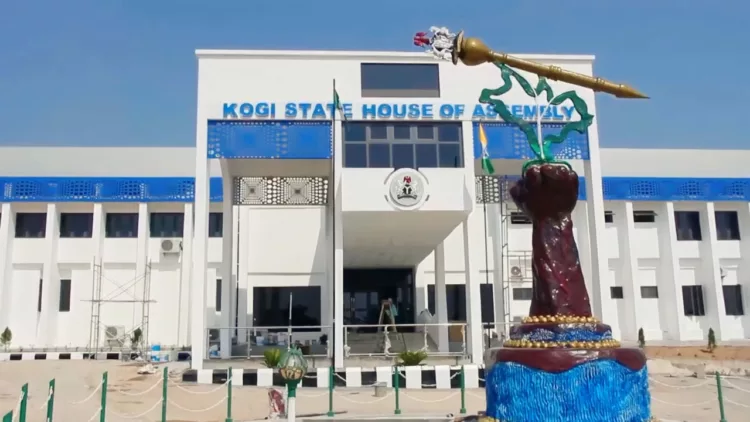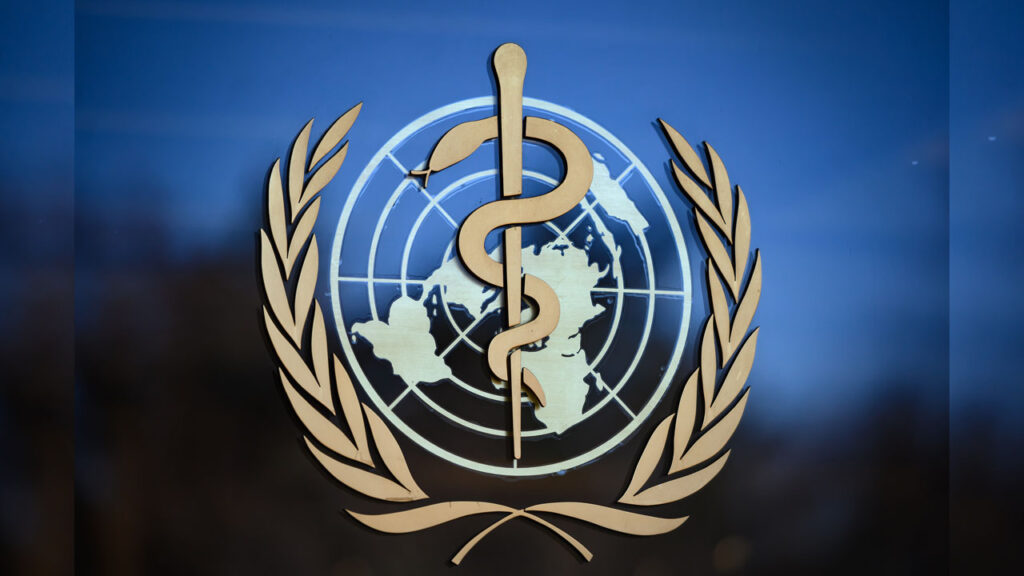
A Nigerian, Nonyelum Adanma Ujam, the Government Affairs Lead for Nigeria and other emerging markets in Africa at Microsoft, has been recognised by Harvard University for her exceptional thesis on improving access to basic education in Nigeria.
Ujam, who currently leads government affairs for Microsoft in Nigeria and other emerging African markets, received the prestigious Dean’s Prize for Outstanding ALM Capstone at Harvard Extension School.
Ujam’s thesis, titled “Improving Access to Basic Education: A Development Plan,” emanated from her experience working with the Nigerian government’s Alternate School Programme.
During her tenure as Special Adviser to the Minister for Humanitarian Affairs, Disaster Management, and Social Development, Ujam was instrumental in crafting this initiative aimed at enhancing educational opportunities for underserved and unserved communities in Nigeria.
Ujam, in a LinkedIn post, discussed a crucial element of her capstone: the Monitoring and Evaluation (M&E) framework. She explained that this framework adopted the United Nations Sustainable Development Goals (SDGs) targets while also localising the indicators.
“This approach mainstreams the SDGs, accelerating progress and enabling clearer reporting. Within the scope of the project, eight of the 17 goals are impacted, along with 26 targets and 32 indicators,” Ujam said.
Before her appointment, Ujam worked with the Central Bank of Nigeria (CBN) in information technology and development finance.
Reflecting on her achievement and addressing the widespread interest in her work, Ujam noted the critical need to address educational challenges in Nigeria., stating, “The focus of my work was improving access to basic education in Nigeria, primarily targeting underserved and unserved communities. Primary education in Nigeria is compulsory and free, as provided by the Federal Government’s Universal Basic Education Policy (1999).
“As of 2021, the reported global figure for out-of-school children and youth between ages 6 and 18 was 244 million, 20 million of which represent Nigeria’s out-of-school children.”
Ujam noted that her capstone explored the use of social intervention programmes as a means of incentivising school attendance as a whole community approach to learning – from the parents to community leaders and members. In effect, the entire community is encouraged to support school attendance.











